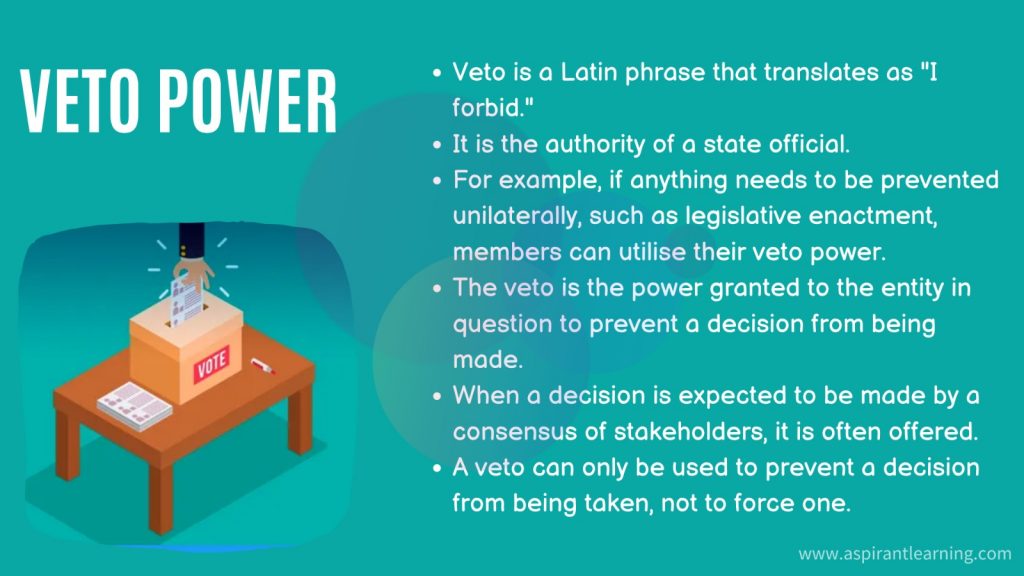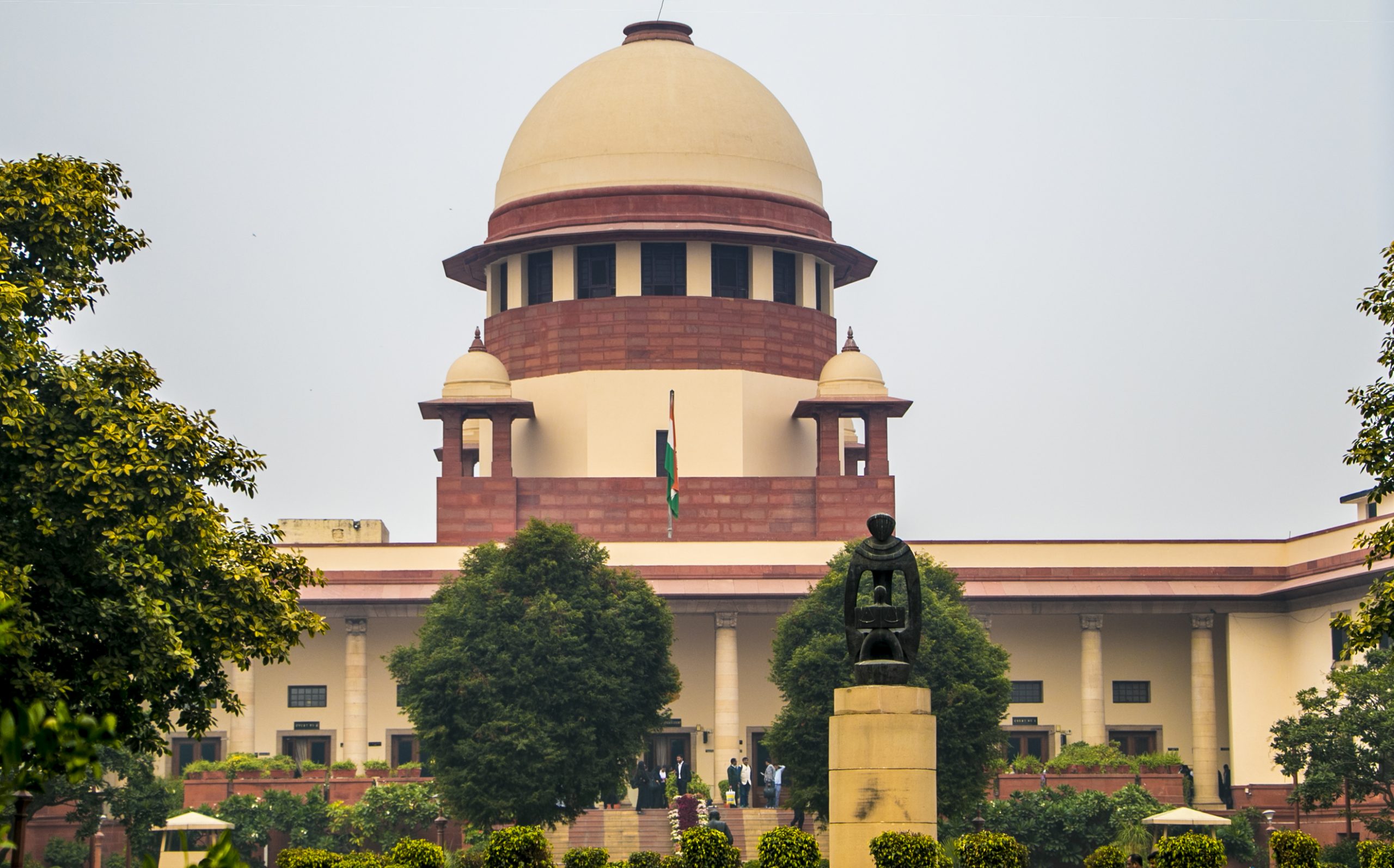News Highlight
A Bench led by Chief Justice of India D.Y. Chandrachud referred to the first proviso to Article 200 of the Constitution.
Key Takeaway
- A Supreme Court bench led by Chief Justice D.Y. Chandrachud recently stated that governors should return bills they disagree with as soon as possible and not keep legislatures waiting indefinitely.
- Article 200 of the Constitution contains provisions governing the Governor’s consent.
- The Court cited the first article of Art 200, which said that Governors were not to dally over measures enacted by legislatures and sent to the governor for approval.
- Article 200 required the Governor to return bills other than money to the House with a message recommending that the House rethink the Bill.
- Legislators should not be forced to wait indefinitely because the Governor is deliberating on bills.
- Legislators should not be forced to wait indefinitely due to the Governor’s inaction on measures.
The case before the Court
- Overview
- The Court was hearing a lawsuit brought by the State of Telangana alleging that the Governor had failed to sign numerous crucial bills given to her for her approval in September 2022.
- The petitioner stated that this was usual in opposition-ruled states and that state legislatures were at the whim of the Governor’s office.
- The Telangana government’s advocate claimed that the Governors were postponing legislation.
- It is due to political disputes between the Centre and opposition-led states.
- He asked the court to order that Governors act urgently in the future.
- Response of the Governor
- As of April 23rd, no bills were pending with the Governor’s office, according to the Solicitor General of India, who appeared for her.
- He said that the specific remark in the Court’s ruling was superfluous and would be preferable if generalised.
- He further said that the remark would give the impression that the Governor’s Office had not followed Constitutional provisions.
- The Chief Justice, on the other hand, disagreed, stating that it was intended to be a generic statement of the law.
Article 200
- Constitutional Provisions
- Article 200 provides provisions relating to the Governor’s powers to approve measures passed by the legislature.
- And the Governor has other powers, such as reserving bills for consideration by the President of India.
- It has described one of the discretionary authorities of the Governor’s Office.
- Article 200 states that it is forwarded to the Governor when a law is passed by the Assembly of a state or both Houses in a state with a bicameral legislature.
- The Governor was next obligated to review the law and announce whether he agreed with it, withheld his agreement, or saved it for the President’s consideration.
- Article 200 further specifies that if the law is not a money bill, the Governor must return it as soon as possible, with a note requesting the House/Houses.
- It is to rethink the measure or specific elements or to include revisions proposed by the Governor.
- If such a returned bill is reconsidered and passed by the House, with or without amendment.
- The Governor shall not refuse to sign it when forwarded to him.
- Article 200 also allows the Governor to reserve any bill for the President’s consideration.
- The Governor’s opinion could deviate from the High Court’s powers or jeopardise the Court’s constitutional status.
- More measures concerning the reserve of laws for the President’s assent were included in Article 201.
Veto
- Absolute Veto
- The President can withhold consent to the measure by exercising this veto.
- In these instances, the measure is rejected and cannot become law.
- Suspensive Veto
- Instead of rejecting the law, the President refers it to Parliament for reconsideration.
- Pocket Veto
- Under this authority, the president neither consents to the bill nor returns it to the legislature.
- The bill is still pending for an unknown amount of time.
- As a result, the bill cannot become law.
Constitutional Provisions
- The President’s veto power is governed by Article 111 of the Indian Constitution.
- Article 143 gives the president the authority to seek the Supreme Court’s advice on the constitutionality of any subject.
- Article 200 addresses the Governor’s authority to grant consent to measures passed by the State Assembly.
- In addition to the Governor’s other authorities, such as reserving the bill for consideration by the President.
- Article 201 empowers the state governor to reserve a bill passed by the state legislature for review by the President.
Veto Powers of Governor
- After the legislative assembly has passed a law, it is delivered to the governor for his signature.
- In the event of a unicameral legislature, either in the first or second instance or by both Houses in the case of a bicameral legislature.
- He can choose from four options:
- If he signs the measure into law, it becomes an act.
- If he does not sign the bill, it dies and does not become an act.
- He can return the bill to the House or Houses for reconsideration.

Way Forward
- A bill is a policy directive of an elected government that is accountable to the people.
- Withholding assent indicates the bill is dead.
- As a result, the government can take the governor’s inactivity to court.
- In the wider interest of federalism in the country, the Supreme Court must establish a suitable time frame for governors to decide on a law enacted by the Assembly.
Pic Courtesy: The Hindu
Content Source: The Hindu



